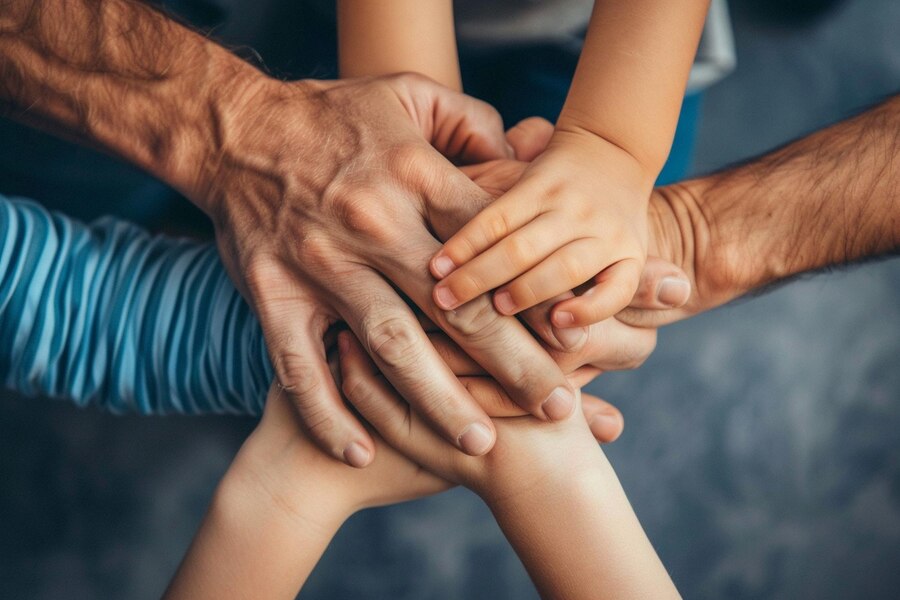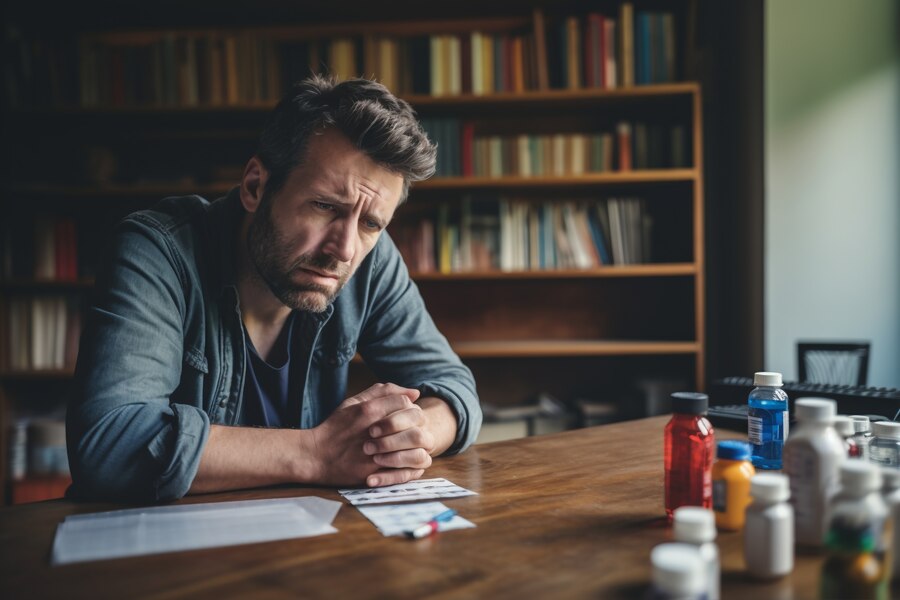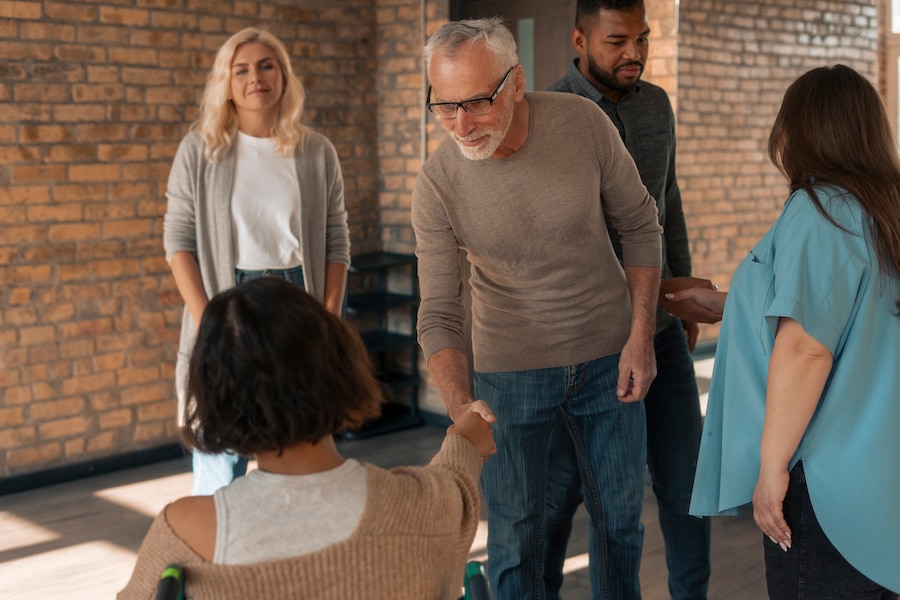Specialized Substance Abuse Treatment Programs
Substance abuse treatment programs are not one-size-fits-all. Specialized programs address the unique needs of various populations, ensuring that individuals receive tailored care that enhances their chances of successful recovery. By focusing on specific challenges and circumstances, these programs offer more effective solutions for overcoming addiction. This guide explores different types of specialized substance abuse treatment programs and their benefits, highlighting the importance of customized care in the recovery process.
Why Specialized Programs Matter
Specialized substance abuse treatment programs are crucial because they provide tailored approaches that address the specific needs and circumstances of different individuals. These programs recognize that factors such as age, gender, cultural background, and co-occurring mental health disorders significantly influence treatment effectiveness. By focusing on these factors, specialized programs enhance the relevance and effectiveness of the treatment, increasing the likelihood of successful recovery.
Furthermore, specialized programs create a supportive environment where individuals can relate to others facing similar challenges. This shared experience fosters a sense of community and understanding, which can be vital for motivation and recovery. Tailored programs ensure that treatment plans are not only evidence-based but also resonate with the personal experiences and needs of each individual.
Substance Abuse Treatment for Teenagers
Substance abuse treatment for teenagers requires a unique approach, as adolescents face different challenges compared to adults. Teen-focused programs address developmental, social, and emotional aspects specific to this age group. Treatment often includes education on substance use, family involvement, and strategies to address peer pressure and behavioral issues.
Programs for teenagers typically incorporate therapies that cater to their evolving cognitive and emotional needs. These may include cognitive-behavioral therapy (CBT), motivational interviewing, and family therapy. Engaging teenagers in a supportive and understanding environment helps them build coping skills and make healthier life choices, which are crucial for their long-term recovery.
Veteran-Focused Rehab Programs
Veteran-focused rehab programs cater specifically to the needs of military veterans, who may face unique challenges related to their service. These programs address issues such as PTSD, trauma, and military-specific stressors, which can impact substance abuse and recovery. Specialized care often includes trauma-informed therapy, support groups with fellow veterans, and resources for addressing military-related issues.
Veteran-focused programs also emphasize the importance of understanding the veteran’s background and experiences. By creating a treatment environment that acknowledges their service and the challenges they face, these programs help veterans feel understood and supported. This tailored approach enhances engagement and fosters a sense of belonging, which is vital for successful recovery.
Programs for Individuals with Co-Occurring Mental Health Disorders
Individuals with co-occurring mental health disorders require integrated treatment that addresses both substance abuse and mental health issues simultaneously. Co-occurring disorders, also known as dual diagnosis, can complicate recovery and require a comprehensive approach that treats both conditions in tandem.
Programs for co-occurring disorders typically include combined therapies, such as integrated dual disorders treatment (IDDT), which addresses both mental health and substance abuse issues within a unified treatment plan. These programs emphasize the importance of addressing underlying mental health conditions to achieve lasting recovery from addiction.
Gender-Specific Treatment Programs
Gender-specific treatment programs are designed to address the unique needs and experiences of individuals based on their gender. These programs recognize that men and women may face different challenges related to substance abuse and recovery. Gender-specific approaches provide a supportive environment where individuals can explore issues related to their gender, such as trauma, social pressures, and relational dynamics.
For women, programs may focus on issues such as trauma from abuse, family responsibilities, and societal expectations. For men, treatment may address issues such as social norms, masculinity, and stressors unique to men’s experiences. Gender-specific programs help individuals feel more comfortable and understood, which can enhance the effectiveness of treatment and support.

Programs for LGBTQ+ Individuals
Programs for LGBTQ+ individuals provide specialized support that addresses the unique challenges faced by members of the LGBTQ+ community. These challenges may include stigma, discrimination, and issues related to identity and acceptance. LGBTQ+-focused programs create a safe and affirming environment where individuals can receive support that respects and understands their experiences.
These programs often include support groups, counseling, and therapy that address issues specific to LGBTQ+ individuals, such as coming out, identity struggles, and relationship dynamics. By offering an inclusive and understanding treatment environment, these programs help individuals feel validated and supported in their recovery journey.
Cultural and Ethnic-Specific Treatment Programs
Cultural and ethnic-specific treatment programs recognize and address the unique cultural and ethnic backgrounds of individuals seeking treatment. These programs incorporate cultural beliefs, practices, and traditions into the treatment process, ensuring that care is respectful and relevant to each individual’s cultural context.
Cultural competence is a key aspect of these programs, which may include culturally tailored therapy, language support, and involvement of community leaders or elders. By integrating cultural elements into treatment, these programs enhance the relevance and effectiveness of care, helping individuals feel more connected and supported throughout their recovery.
Programs for Individuals with Chronic Health Conditions
Individuals with chronic health conditions may face additional challenges in their recovery journey. Programs designed for these individuals address both substance abuse and chronic health issues, providing integrated care that considers the complexities of managing multiple health conditions.
These programs typically include medical supervision, coordination with healthcare providers, and customized treatment plans that address both substance use and chronic health conditions. By providing comprehensive care, these programs ensure that individuals receive the support they need to manage their health effectively while working towards recovery.
Family-Based Treatment Approaches
Family-based treatment approaches involve the family unit in the recovery process, recognizing that addiction affects not only the individual but also their loved ones. These programs focus on improving family dynamics, communication, and support systems, which are crucial for long-term recovery.
Family-based programs often include family therapy, educational sessions, and support for family members. By addressing family relationships and involving loved ones in the treatment process, these programs help create a supportive environment that fosters healing and recovery for both the individual and their family.
Inpatient vs. Outpatient Specialized Programs
Inpatient and outpatient specialized programs offer different levels of care depending on the individual’s needs and circumstances. Inpatient programs provide a structured environment with 24/7 medical and therapeutic support, making them suitable for individuals requiring intensive care and supervision.
Outpatient programs, on the other hand, offer more flexibility and allow individuals to live at home while attending treatment sessions. These programs are ideal for those who need less intensive care and can benefit from integrating treatment into their daily lives. Both types of programs can be specialized to address various needs, including those mentioned earlier.
Holistic and Alternative Therapies in Specialized Programs
Holistic and alternative therapies are increasingly incorporated into specialized substance abuse treatment programs to address the whole person—mind, body, and spirit. These therapies include practices such as yoga, meditation, acupuncture, and art therapy, which complement traditional treatments and support overall well-being.
Holistic approaches aim to reduce stress, improve emotional regulation, and enhance physical health, which can all contribute to a more comprehensive recovery experience. By integrating these therapies into specialized programs, individuals receive a well-rounded treatment plan that addresses multiple aspects of their health and recovery journey.
Enhancing Recovery Through Specialized Treatment
Specialized substance abuse treatment programs offer tailored solutions that address the unique needs of various populations. Whether through gender-specific, cultural, or holistic approaches, these programs provide comprehensive care that enhances the effectiveness of treatment and supports successful recovery.
If you or a loved one is seeking specialized substance abuse treatment, contact us at Couples Rehabs. Our team is dedicated to providing personalized care that meets your specific needs and helps you achieve lasting recovery.
-
What are specialized substance abuse treatment programs, and who do they benefit? Specialized substance abuse treatment programs cater to specific populations, such as young adults, professionals, or individuals with co-occurring mental health disorders. They offer tailored care to address unique needs and challenges.
-
What are some examples of specialized substance abuse treatment programs? Examples include programs for veterans, LGBTQ+ individuals, women, and those with specific substance use disorders like opioids or alcohol. These programs offer specialized care and support.
-
How do specialized programs differ from general addiction treatment? Specialized programs focus on the specific needs of a particular population, providing tailored therapies, support groups, and environments. They offer a more personalized approach to recovery.
-
What are the benefits of attending a specialized substance abuse treatment program? Specialized programs offer a supportive community, understanding staff, and treatment modalities designed to address the unique challenges faced by the target population.
-
Are there specialized programs for individuals with co-occurring disorders? Yes, many treatment centers offer programs for individuals with both substance abuse and mental health conditions, providing integrated care for optimal recovery.
-
How can I find a specialized substance abuse treatment program that meets my needs? Research treatment centers, consider factors like location, cost, insurance coverage, and the specific program focus. Reading reviews and seeking recommendations can also be helpful.
-
What kind of therapy is typically offered in specialized substance abuse treatment programs? Specialized programs often incorporate evidence-based therapies like cognitive-behavioral therapy (CBT), dialectical behavior therapy (DBT), and eye movement desensitization and reprocessing (EMDR), tailored to the specific needs of the population.
-
Is there a focus on aftercare planning in specialized substance abuse treatment programs? Yes, specialized programs often prioritize aftercare planning to ensure long-term recovery success. They provide resources and support to help individuals transition back into their lives.
-
What is the role of family involvement in specialized substance abuse treatment programs? Family support is crucial for recovery. Many specialized programs offer family therapy and education to help loved ones understand the process and provide support.
-
How can I determine if a specialized substance abuse treatment program is right for me? Consider your specific needs and challenges, research different programs, and consult with mental health professionals to determine the best fit for your recovery journey.








Recent Comments